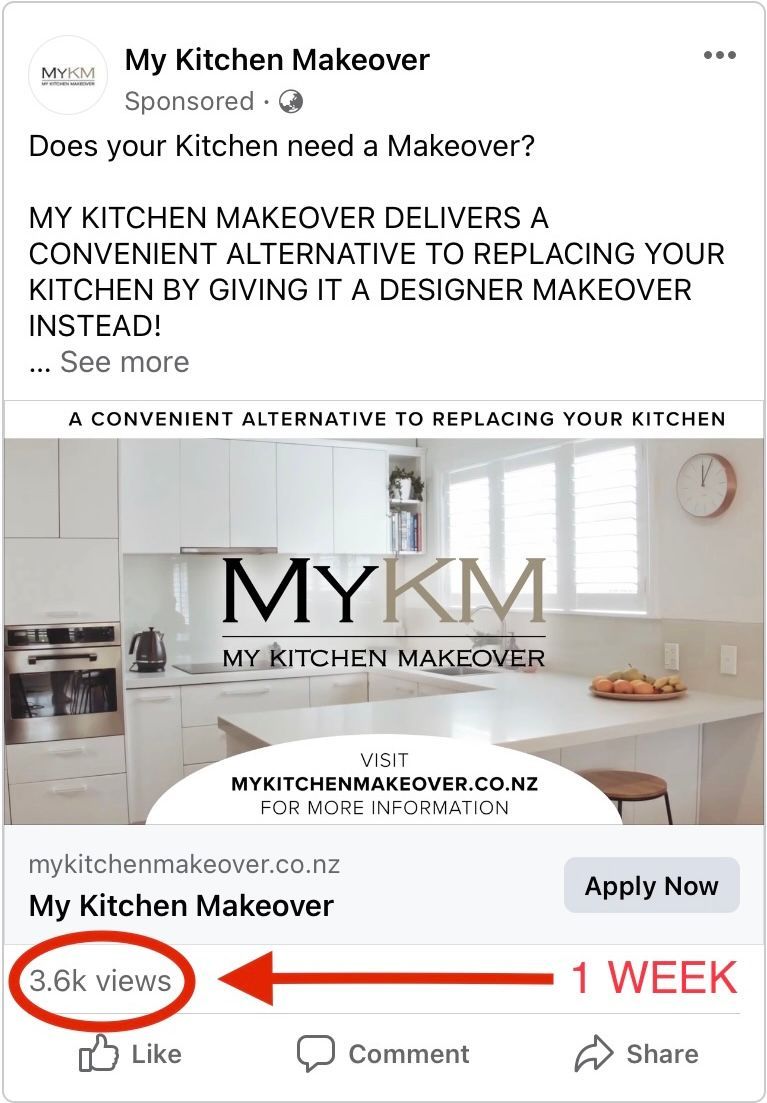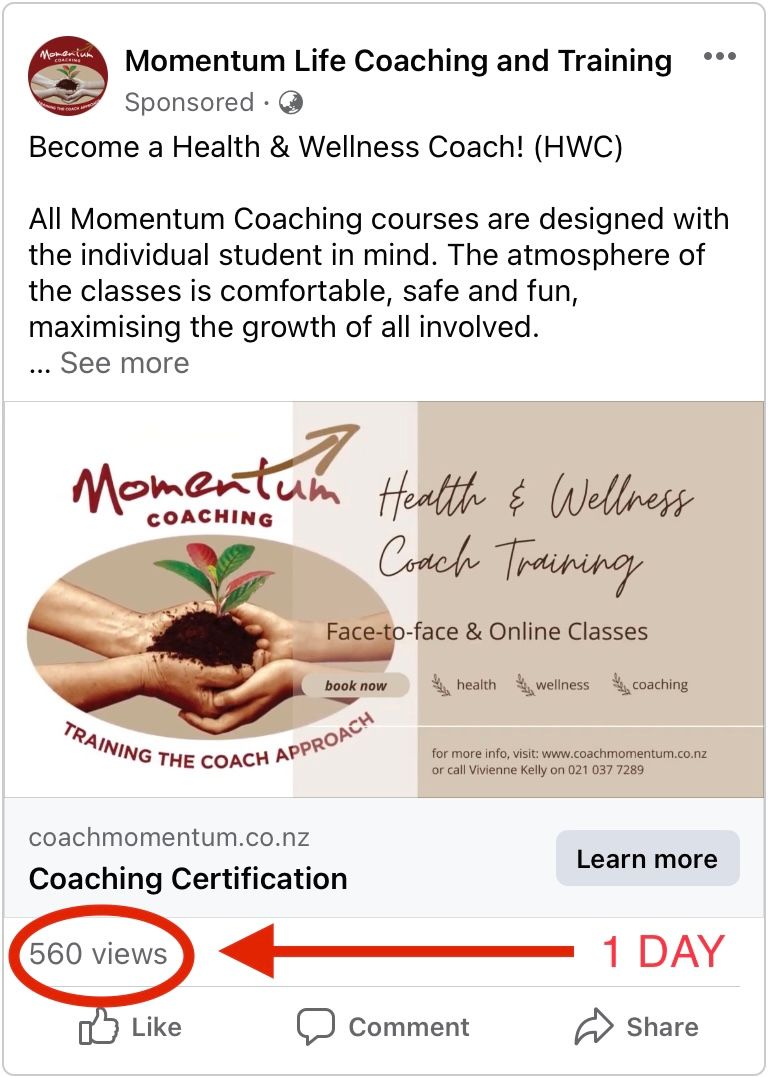By Emma Davidge
•
February 22, 2024
In the world of Facebook advertising, two primary options stand out: boosted posts and meta ads. Both serve as valuable tools for reaching target audiences, but understanding their differences and knowing which one is better suited for your marketing goals can significantly impact the success of your campaigns. Let's delve into the disparities between boosted posts and meta ads and explore which option might be the best fit for your business. Boosted Posts : Boosted posts are a straightforward way to amplify the reach of your organic content. They appear directly on your Facebook page and are created by clicking the "Boost Post" button beneath your post. Boosted posts allow you to target specific audiences based on factors like location, age, gender, interests, and behaviour. They're a quick and easy way to increase visibility and engagement for your existing content, such as photos, videos, text posts, or events. Pros: Simplicity : Boosted posts are user-friendly and don't require extensive knowledge of Facebook Ads Manager. Increased Visibility : They can help your content reach a wider audience, including people who don't already follow your page. Engagement : Boosted posts often result in higher engagement rates, including likes, comments, and shares. Cons: Limited Targeting Options : While you can target specific demographics, boosted posts offer fewer advanced targeting features compared to meta ads. Limited Objectives : Boosted posts are primarily focused on increasing engagement rather than driving specific actions like website clicks or conversions. Budget Control : There may be limitations in controlling your budget and optimising ad delivery compared to ads created through Ads Manager. Meta Ads (Facebook Ads Manager) : Meta ads, on the other hand, are created using Facebook's Ads Manager platform. They offer a wider range of customisation options and are designed to achieve specific marketing objectives, such as brand awareness, lead generation, website traffic, or conversions. Meta ads can include various ad formats, such as carousel ads, slideshow ads, video ads, or collection ads, and they provide more sophisticated targeting capabilities, including custom audiences, lookalike audiences, and detailed demographic targeting. Pros: Advanced Targeting : Meta ads offer extensive targeting options, allowing you to reach highly specific audiences based on demographics, interests, behaviours, and more. Diverse Ad Formats : You can choose from a variety of ad formats and placements to suit your campaign objectives and creative preferences. Optimisation and Tracking : Ads Manager provides robust tools for ad optimisation, A/B testing, and detailed performance tracking, helping you refine your campaigns for better results. Cons: Learning Curve : Ads Manager can be complex for beginners, requiring time and effort to master its features and functionalities. Resource Intensive : Creating and managing meta ads may require more time, resources, and strategic planning compared to boosted posts. Cost : While meta ads offer greater control and customisation, they may require a higher budget to achieve desired results compared to boosted posts. Choosing the Right Option : Ultimately, the decision between boosted posts and meta ads depends on your specific marketing objectives, target audience, budget, and resources. If you're looking to quickly boost engagement and visibility for your existing content, boosted posts can be a convenient option. However, if you have specific campaign goals, require advanced targeting capabilities, or seek to drive specific actions like website conversions, meta ads through Ads Manager may offer a more effective solution. In conclusion, both boosted posts and meta ads have their advantages and limitations, and the best approach is often a combination of both, tailored to your business goals and audience needs. By understanding the differences between these Facebook advertising options and strategically leveraging them in your marketing efforts, you can maximise your reach, engagement, and return on investment. "You cannot make progress without making decisions." Jim Rohn









